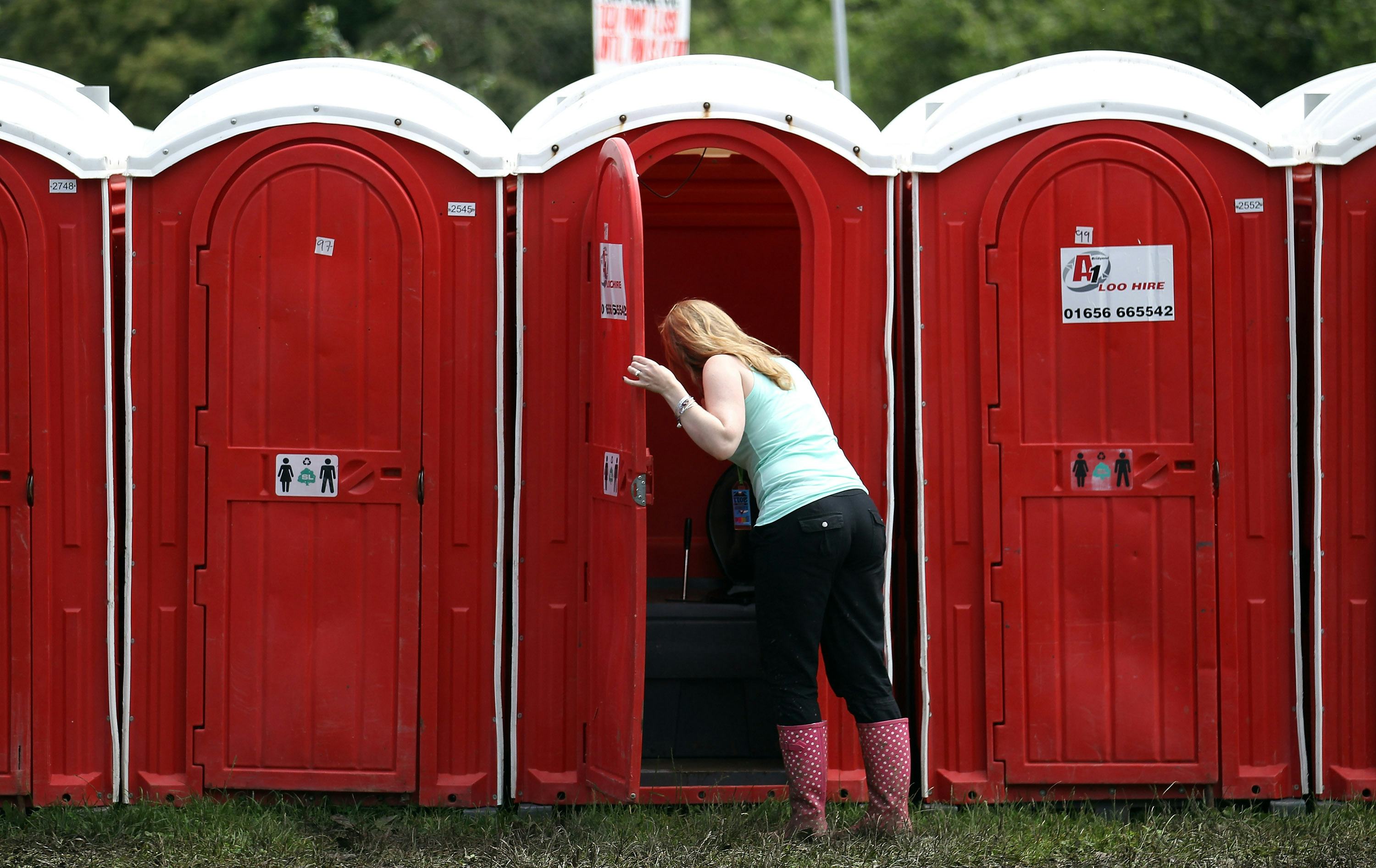
Conventional wisdom says a gnarly session on the toilet is usually the result of a big, wholesome meal. However, liquids can have a similar laxative effect on your digestive tract. Defecation is the body's natural process of getting rid of waste; while the solid food you eat plays an obvious role in what you eventually poop, the liquids that you consume (or don't consume) can play an equally important role in how or even when you need to occupy the bathroom. Here are some of the reasons why what you drink affects your poop:
Read more: 6 Coffee Substitutes for the Discerning Coffee Addict

1. Acid

Coffee, for example, whether it's caffeinated or decaffeinated, is a highly acidic beverage; unlike caffeinated tea, coffee affects the overall acidity level in your stomach, and then causes it to push whatever you've eaten more quickly into your small intestine. Coffee also causes your stomach to secrete hormones that relax your colon and release digestive enzymes in bile.
2. Fiber

Fiber can help lower your cholesterol and blood sugar levels in diabetics, but fiber primarily keeps your bowel movements regular. Some chew and eat their fiber, whereas others drink it; your morning shake can make you poop simply because of the things you tend to throw into it, from fiber-filled berries to the handful of veggies you blend up as a way to sneak them into your diet. Many also try to boost the nutritional benefits by adding flax seeds – they're packed with fiber, as well as healthy omega-3 acids.
3. Intolerance

This is especially true for those who are lactose intolerant. Your body has a pretty good gauge of what you should and shouldn't be eating; if it's the latter, your body will literally make you shit yourself just to get rid of it. The same can be said for overindulgence on sugary drinks and excessive consumption of cold drinks, both of which can alter how you digest your food – or rather "speed it up."
4. Hydration

Hydrating yourself with water is ideal, because it's sugar- and calorie-free, and it also helps move your digestive system along by combating constipation. Studies have shown that dehydration is frequently associated with constipation, especially in those with an already-low fiber intake.







